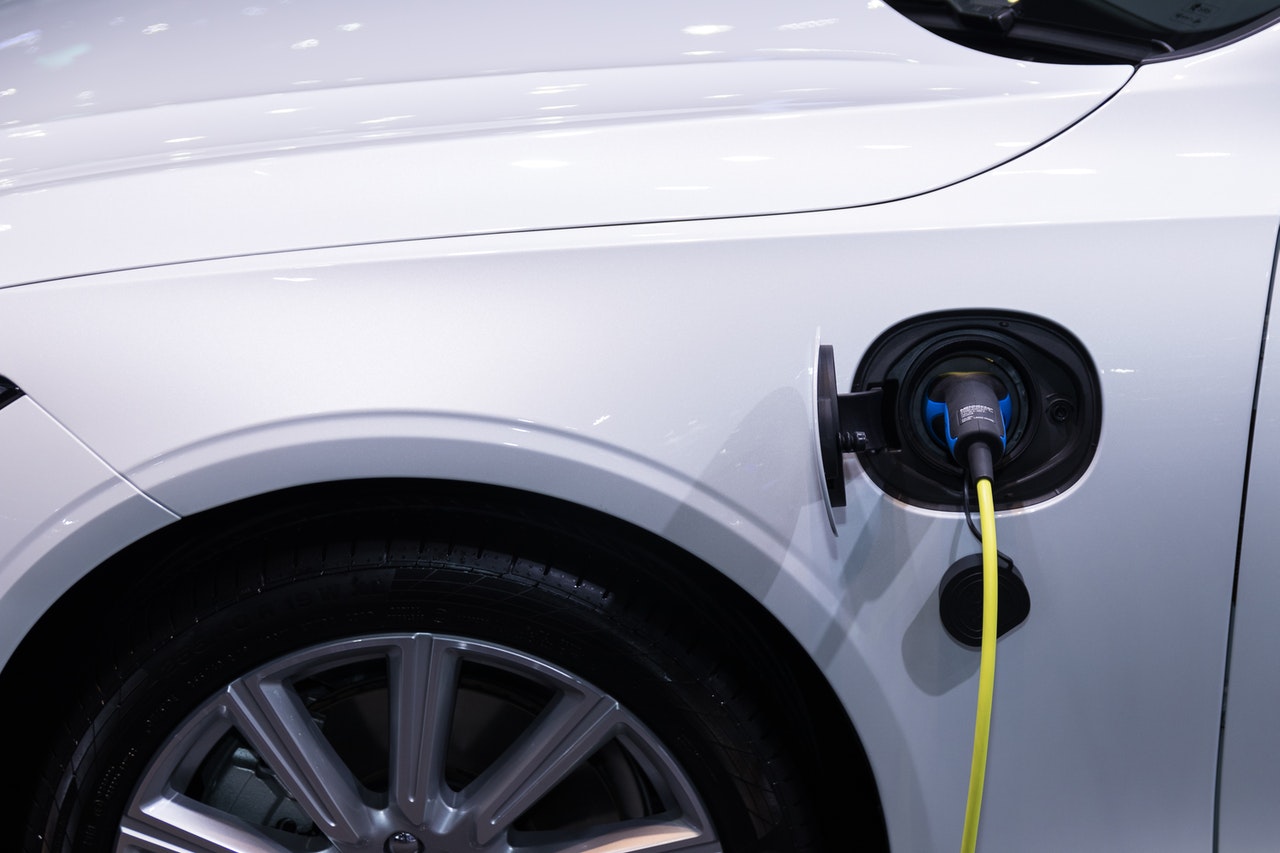How Much Cheaper is an Electric Car?

If you have recently been giving some thought to investing in an electric car – making the switch to a more environmentally friendly vehicle – you may have come across claims that electric cars are also a lot cheaper than the petrol or diesel alternatives.
To make sure you can make an informed decision on your purchase, we thought we’d look closer at precisely how much more affordable an electric car could be for you, than the non-electric options you may have been considering. Or would it be cheaper at all? Well, let’s delve a little deeper.
In order to do that, we’ve broken the costs down into buying, fuel, maintenance, and monetary incentives.
Buying
Firstly, let’s look at the cost of buying an electric vehicle outright. Electric vehicles are often more expensive to buy than a petrol or diesel alternative, although you could greatly help to make the purchase more affordable by applying for car finance in Essex.
However, just like the situation if you buy a traditional fuel engine car, the purchase price of an electric vehicle varies significantly depending on elements such as the model, make, and specifics of the car.
The Office for Low Emission Vehicles (OLEV) does offer an electric car grant, otherwise known as the plug-in car grant (PICG). This is available to buyers of all eligible cars, vans, and motorcycles.
The PICG was introduced in 2011 to encourage people to switch to electric vehicles. However, since then, the grant has reduced by half to £2,500 for a car that costs up to £35,000. Even after this grant, this means electric vehicles are still often 15-20% more expensive in comparison.
Fuel
Next, let’s look at how much it costs to fuel an electric vehicle compared to a petrol or diesel engine. In terms of just the fuels themselves, electricity costs much less than petrol or diesel. However, these costs can be dependent on many factors.
For example, the cost of charging an electric vehicle is dependent on the network and the location of the charging point, and whether you can pay a subscription, get a free quota, or it is ‘pay per session’. Public charge point costs also vary on power rating and whether it is slow (lamppost), fast (car park) or rapid (at a motorway or service station).
This all adds up to a lot of anomalies that can make it difficult to calculate an average – rapid, for instance, can be free for some drivers but more expensive for others. This is because faster chargers can charge up to 80% in 20-40 minutes, and greater convenience often comes at a higher cost.
Ofgem has also committed to building the infrastructure for 3,550 new ultra-rapid charging points across the UK, boosted by £300 million in funding. This is part of a government promise for drivers to never be further than 30 miles away from a rapid charging station.
Aside from public charging points, you might invest in a home charge point. These cost around a grand to install, and are added to your electricity bill, so cost varies depending on your current energy tariff. The Office for Zero Emission Vehicles (OZEV) also offers a grant of up to £350 towards the upfront cost.
To compare, it is necessary to make some assumptions to estimate an average running cost for each type of vehicle. Assuming the average UK electricity price is 14p/kWh, and an electric vehicle travels 3.5mile/kWh on average, then the average running cost is £4 per 100 miles, or 4p/mile.
If petrol costs £1.09 per litre (which can differ across the country and over time), and average new car fuel consumption is 49.2 miles-per-gallon (which can differ depending on make and model), then the average running cost of a petrol car is £9 per 100 miles, or 9p/mile.
As you can see, fuelling an electric vehicle can be significantly less expensive than running a petrol car. However, it is important to note that these figures are broad estimates only.
Maintenance
Put simply, there are fewer moving parts in an electric vehicle. This means that with fewer moving parts, less can go wrong! Overall, electric cars therefore require much less maintenance than a traditional car.
Incentives
In addition to the grants mentioned above, there are a few more incentives offered to drivers of electric vehicles, including discounts or exemption from Vehicle Excise Duty, and exemption from fuel duty.
Fully electric cars are also exempt from paying road tax in their first year, as this price is based on CO2 emissions. It is also free in the years after, unless it cost over £40,000 to buy. Even so, the tax for these vehicles is still cheaper than for other cars.
You can also benefit from a significant discount or exemption from paying to drive in the Congestion Charge Zone in central London. The vehicle must be registered with Transport for London (TfL), which costs £10 per year.
Final comments
Overall, although buying an electric vehicle might be more expensive in start-up costs, despite many government grants to assist you in paying for it, such a car is likely to cost you significantly less over the course of your time as the owner of the vehicle.
For a great deal on car finance – whatever type or model of vehicle you’re considering for your next set of wheels – why not apply through the CarFinanceGenie team today?